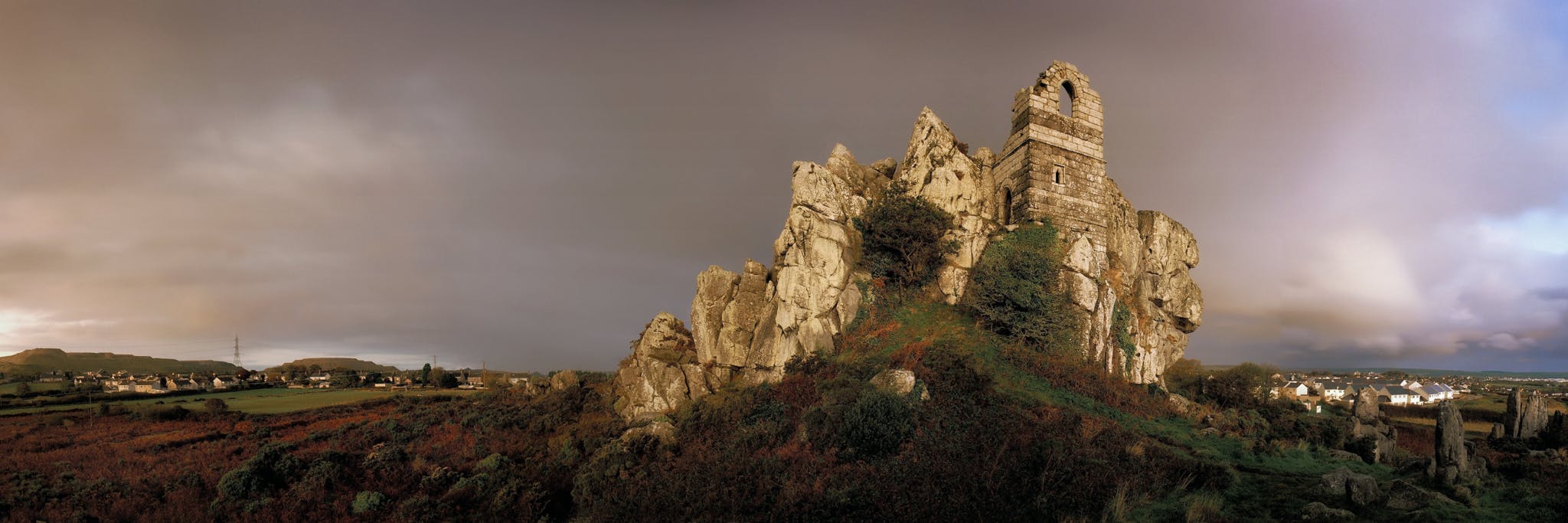Latest News
Meet the Academics - Tim Gundry
Wednesday, 6 April, 2022 — Meet Tim, our Senior Lecturer & Subject Leader for BA (Hons) Commercial Photography. We had the chance to ask him some questions about his personal and professional practice and find out what advice he had for those starting out in photography.
<p dir="ltr">Meet <a href="https://www.aup.ac.uk/people/tim-gundry">Tim Gundry</a>, our Senior Lecturer & Subject Leader for <a href="https://www.aup.ac.uk/courses/undergraduate/ba-hons-commercial-photography-1">BA (Hons) Commercial Photography</a>. We had the chance to ask him some questions about his personal and professional practice and find out what advice he had for those starting out in photography.</p>
<p dir="ltr"><strong>Can you explain a little about your personal practice and background as an artist?</strong></p>
<p dir="ltr">I've never actually thought of myself as an 'artist'! I am a photographer. I worked in the commercial sector for many years, producing work for clients. I have always had a personal practice which is centred around landscape photography, I've had work published and exhibited in national competitions. When I moved to the South West 20 years ago I became fascinated with the distinctive landscape of Cornwall and how it has been inscribed with the rich social and cultural history. My MA in Photography, completed in 2017 and recently published in <em>Sub-Text,</em> explored the post industrial landscape of the Tamar Valley. I'm interested in beauty, but also darkness and melancholy.<br /></p>
Tim Gundry
<p dir="ltr"><strong>How did you discover your passion?</strong></p>
<p dir="ltr">Like many photographers I know, it was initially through my Father. He was an avid enthusiast and maker of his own photo-books, and he bought me my first SLR camera for my 18th birthday. Just a few weeks later, on my first of many trips to the Highlands of Scotland, I discovered what is for me, the real experience of photography: watching and waiting, 'drawing with light' to try and communicate beauty. It's a passion which I have never lost.</p>
<p dir="ltr"><strong>What made you want to go into teaching?</strong></p>
<p dir="ltr">Ever since going to Bosnia with an aid convoy in 1995, I've been driven by personal values to do work that helps others. When I left the corporate sector and went freelance, I concentrated on working with charities, but being a lone freelancer wasn't a life that suited me. I wanted to find a career that would allow me to utilise all of my previous skills and experience, working in a collective organisation devoted to supporting others to achieve their potential. Teaching photography, particularly at Plymouth College of Art, became a career goal that I've enjoyed achieving.</p>
Sandplace 2, Tim Gundry
If you want your audience to feel something when they see your work, you have to feel something when you're making it.
Understory, Tim Gundry
<p dir="ltr"><strong>How does your teaching influence your practice and vice versa?</strong></p>
<p dir="ltr">It's a constant dialogic exchange. Plymouth College of Art - staff and students - is a community of practitioners and learners. We are all engaged in the study of photography and are all learning from each other. The study of teaching (pedagogy) has enriched the way that I continue to learn about the subject, and myself. And this further learning and research has informed the way that I motivate and encourage the desire to learn in others</p>
<p dir="ltr"><strong>What’s the best piece of advice you ever received as a creative?</strong></p>
<p dir="ltr">A Creative Director at an agency, (actually quoting Bruce Lee), once said to me: "Don't think! Feel. We need emotional content"</p>
<p dir="ltr">That's always resonated with me. If you want your audience to feel something when they see your work, you have to feel something when you're making it</p>
<p dir="ltr"><strong>If you were visiting a university Open Day, what question do you think it would be most important to ask?</strong></p>
<p dir="ltr">What will I actually do during a typical day? What kinds of activities and workshops are there? How many hours a week can I be here?</p>
<p dir="ltr"><strong>What’s your favourite thing about Plymouth College of Art?</strong></p>
<p dir="ltr">The people. On my very first visit as a potential student 20 years ago, I noticed a genuine 'buzz', a tangible energy being created by the people in the spaces. I knew instantly that it was where I wanted to be.</p>
<p dir="ltr"><strong>What advice would you give to a student just starting out?</strong></p>
<p dir="ltr">Find the thing that you absolutely love doing, that you can't stop yourself from doing. Then become as good at it as you possibly can. That will give you the passion and the confidence to continue.<br /></p>
